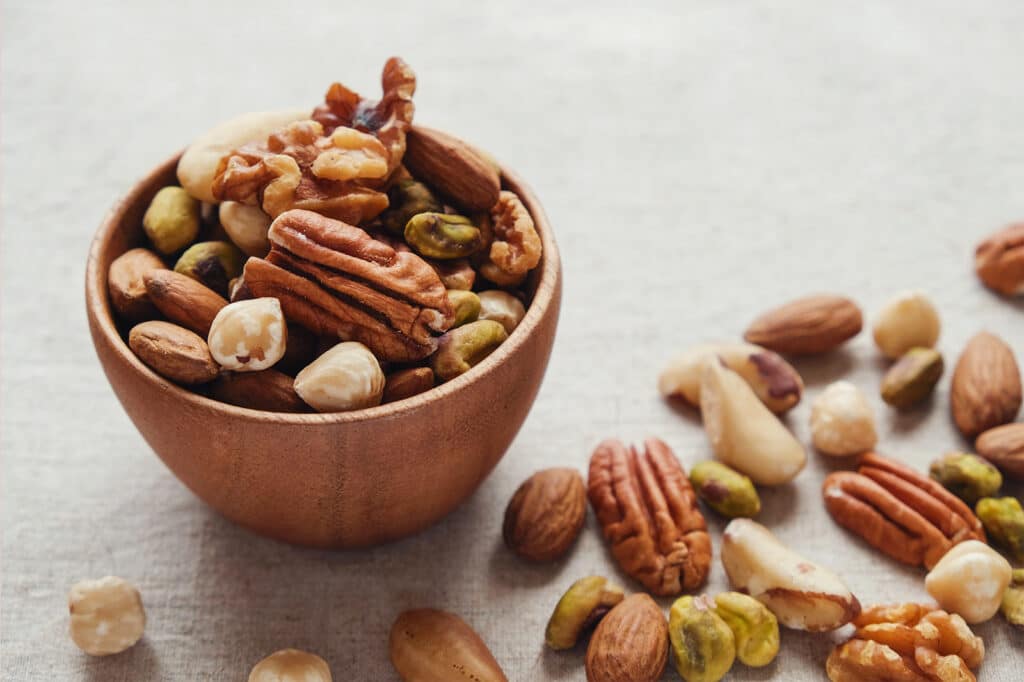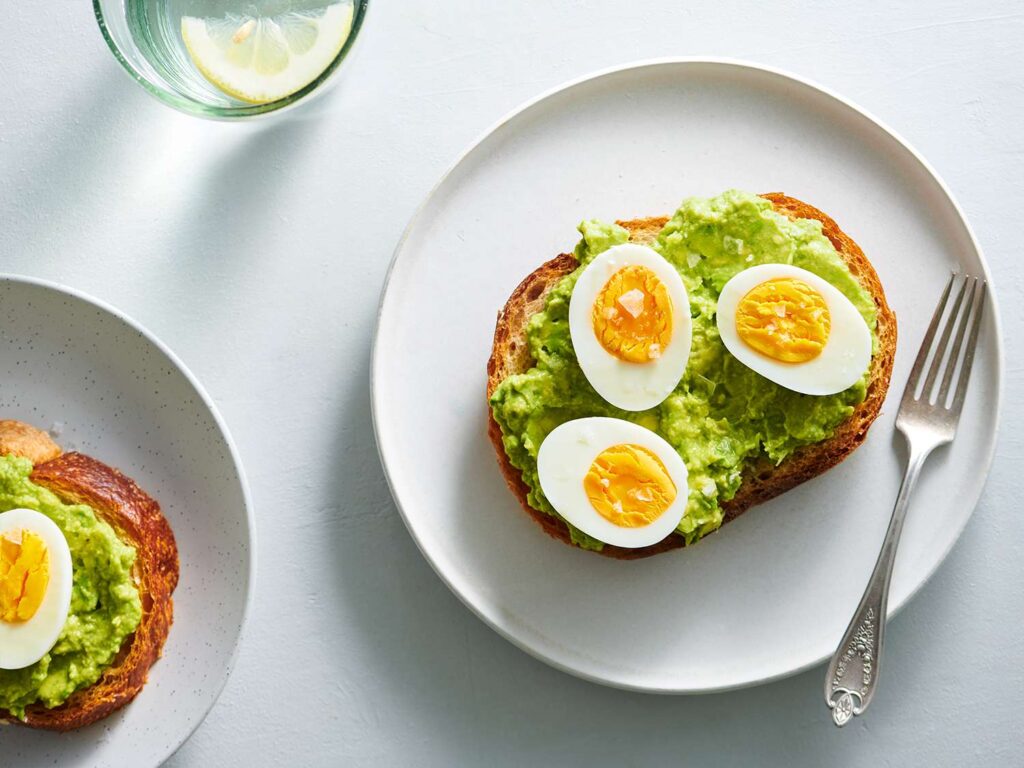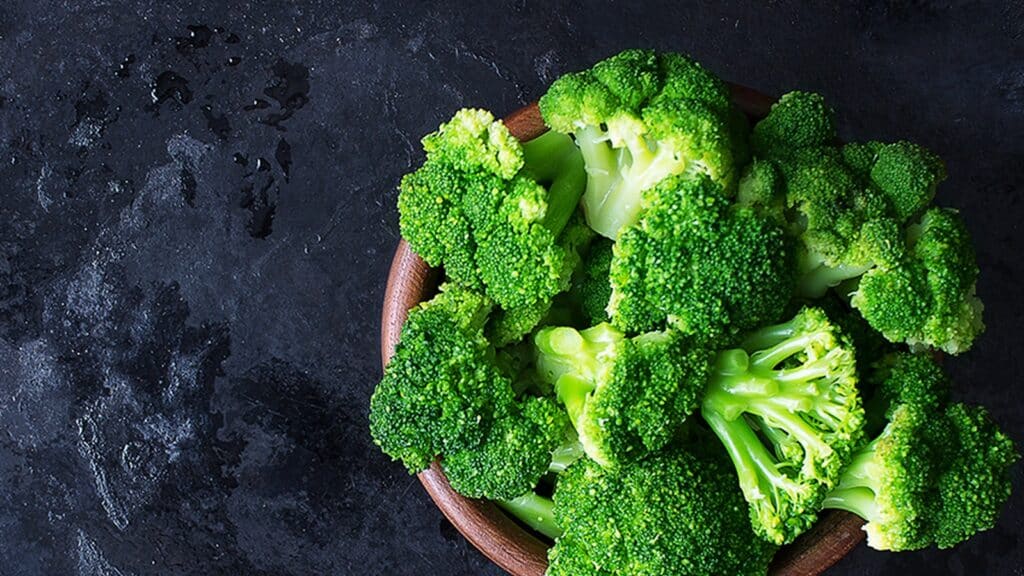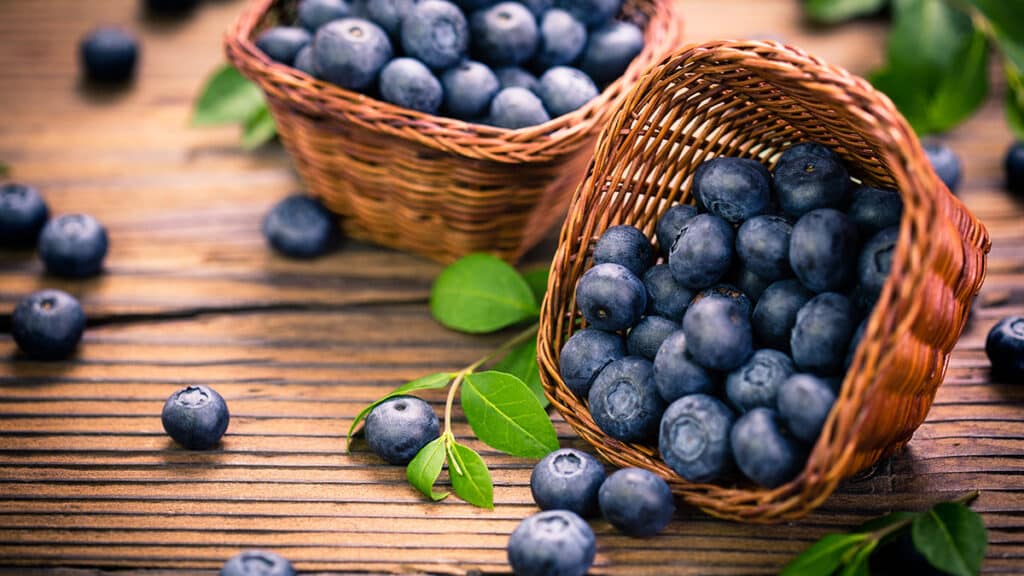Best Foods for Your Brain
While most of us know that what we eat affects our bodies, eating a healthy diet also affects our brain. The foods that you eat regularly can help keep your brain healthy and may also improve memory and concentration.
While there is no magic pill – or food – that prevents cognitive decline, a healthy dietary pattern which includes lots of plant-based foods, such as fruits, vegetables, legumes and whole grains, and healthy proteins and fats like fatty fish and olive oil can help support brain health. And many of these same foods are also good for the heart.
Add the following foods to your plate to promote brain health.
Best Foods for Brain Health
The brain-boosting foods can help ward off dementia and improve your brain health.
-
Fatty fish.
-
Blueberries.
-
Leafy greens.
-
Nuts and seeds.
-
Eggs.
-
Broccoli.
-
Coffee and tea.
Fatty fish
Fatty fish like salmon, tuna, and sardines are high in omega-3 fatty acids, known to be good for the brain.
Omega-3 fatty acids are essential for memory and may also help to slow cognitive decline associated with aging. Turns out, they’re also good for your mood.
Tasty tip: Enjoy grilled salmon for dinner or open a can of sardines and top it on your salad for lunch.
Blueberries
Blueberries are rich in antioxidants and flavonoids that might prevent cognitive decline and improve memory. They contain anthocyanins, a compound that has anti-inflammatory and antioxidant effects, which prevent brain-age decay. Antioxidants counter inflammation and oxidative stress which contribute to an aging brain.
According to this review of over 10 studies, blueberries may improve cognitive processes and memory in older adults and children.
Tasty tip: Add fresh blueberries to your oatmeal or yogurt and add them to your smoothie. You can also enjoy a handful of these bright blue berries as a tasty snack.
Nuts and seeds

Nuts and seeds contain various nutrients that have a beneficial effect on brain health. These include healthy fats, antioxidants and vitamin E. Vitamin E, for example, is a fat-soluble antioxidant that protects the cells against damage from free radicals that promote mental decline. Research found that regularly consuming nuts is associated with a lower risk of cognitive decline in adults over 55 years old.
While all nuts and seeds are good for brain health, walnuts contain omega-3 fatty acids, giving it an advantage. Pumpkin seeds are also particularly good for the brain as they contain iron, copper, zinc, and magnesium.
Tasty tip: Sprinkle nuts on yogurt or add toasted walnuts or pumpkin seeds to salads and vegetable dishes.
Eggs

Eggs are rich in several nutrients linked to a healthy brain, including vitamins B12, B6, folate and choline. No need to ditch the yolk. Egg yolks are rich in choline, a nutrient that may reduce inflammation. It also helps create acetylcholine, a neurotransmitter that may improve memory. Vitamin B12, found in animal products, helps to synthesize brain chemicals.
Tasty tip: Enjoy a vegetable omelet or frittata made with your favorite vegetables. I love spinach, mushrooms and tomato.
Broccoli

Broccoli contains vitamins A and C, two powerful antioxidants that fight inflammation that can lead to deteriorating brain health. It is also rich in vitamin K, a fat-soluble vitamin involved in forming sphingolipids, a class of fats that are involved in the survival of brain cells. Higher vitamin K levels has also been linked to improved memory.
Tasty tip: Enjoy roasted broccoli drizzled with olive oil and a pinch of salt as a side dish.
Coffee and tea

If you look forward to getting a pick-me-up from your morning cup of coffee or tea, it turns out you may also be boosting your brain health. Coffee and tea contain antioxidants and caffeine, which can support brain health.
Drinking coffee and tea regularly has been linked to a reduced risk of neurological diseases, including Alzheimer’s and Parkinson’s disease. The caffeine in coffee and tea has also been linked to improved mood, increased alertness and better concentration.
Tasty tip: Enjoy a latte or a matcha (green tea powder) with milk or unsweetened plant milk fortified with calcium and vitamin D.
Source: Lisa R. Young, PhD, RDN, CDN
Copyright © US News 2022 . All rights reserved.


